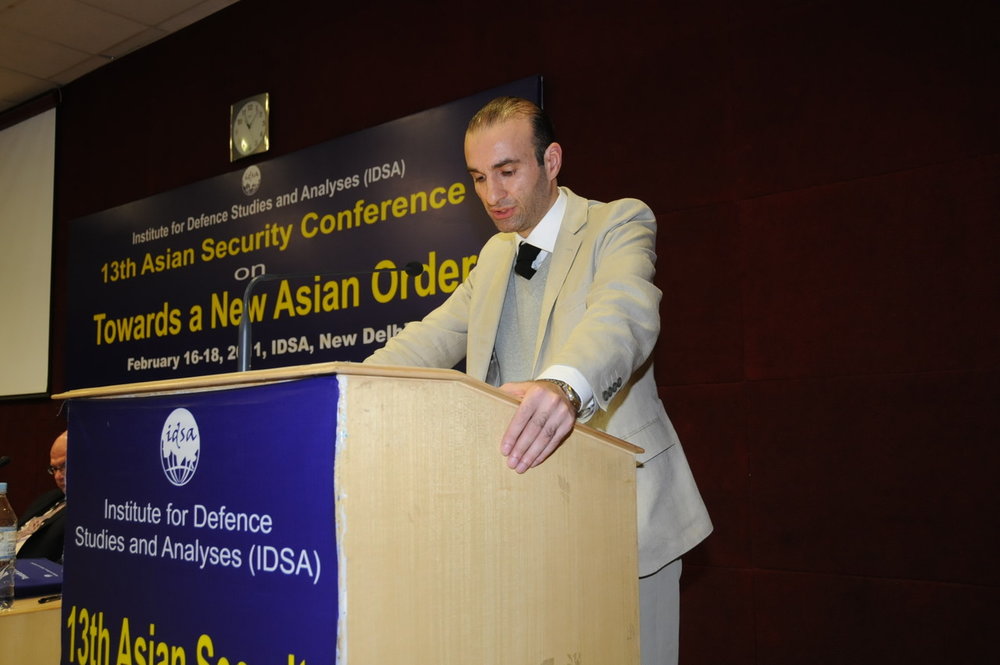Members of Arab NATO have conflicting interests: Adib-Moghaddam

TEHRAN - Professor Arshin Adib-Moghaddam, Chair of the Centre for Iranian Studies at the London Middle East Institute believes that the countries that are said to become a part of this new "Arab NATO" have conflicting interests.
Professor in Global Thought and Comparative Philosophies and Chair of the Centre for Iranian Studies at the London Middle East Institute, also adds that “They won't act under the dictate of the United States, and they are very unlikely to agree on core strategic issues.”
Here is the full text of the interview:
Q: Washington has announced the formation of a military alliance in the Middle East against Iran, with the participation of Saudi Arabia, UAE, Egypt, Jordan and Bahrain, which is scheduled to be introduced in the United States soon. Will this coalition be considered as a real coalition or a military organization?
A: The Trump administration comes up with hyperbolic ideas almost on a daily basis. If such an alliance materializes it will be as ineffectual as other such efforts, for instance the CENTO before the Iranian revolution which was said to become an extension of NATO, but never really functioned as such despite of the Cold War context. The countries that are said to become a part of this new "Arab NATO" have conflicting interests. They won't act under the dictate of the United States, and they are very unlikely to agree on core strategic issues.
Q: Due to the failure of previous coalitions against Iran, such as the Saudi or the Gulf Cooperation Council alliances against Iran, How is assessed the fate of the current U.S.-led coalition against the Islamic Republic of Iran?
A: The PGCC was not necessarily "anti-Iranian". It was created in order to contain the spill over effects of the Iran-Iraq war which was a real security threat to the monarchies of the Arabian Peninsula. As indicated, no regional security framework will be successful in opposition to regional actors. The Trump administration is trying to pursue a rather unsophisticated divide and rule tactic from the colonial days, but without any kind of strategic appreciation of the geo-political reality of the region. Such short-sighted policies, history demonstrates, are bound to fail.
Q: Due to the policies of Donald Trump, it seems the U.S.-Arab military alliance is formed to extort from Arab countries especially through spread Iran phobia. What do you think about this? On the other hand, the current military alliance is with the participation of the Air Force and the Navy. Although the coalition needs the Land Army to succeed. How is this issue evaluated?
A: It is true that there is a good deal of Iranophobia, but Iran has never really pursued a strategic and comprehensive policy to assuage the fears of regional countries. I can only repeat that this region is in need of a regional security architecture that is inclusive, based on common values and interests and a culture of diplomacy and dialogue. Only in this way can the use of force be marginalised. Any kind of security arrangement such as this so called Arab Nato would be a decisive step in the wrong direction.
Leave a Comment